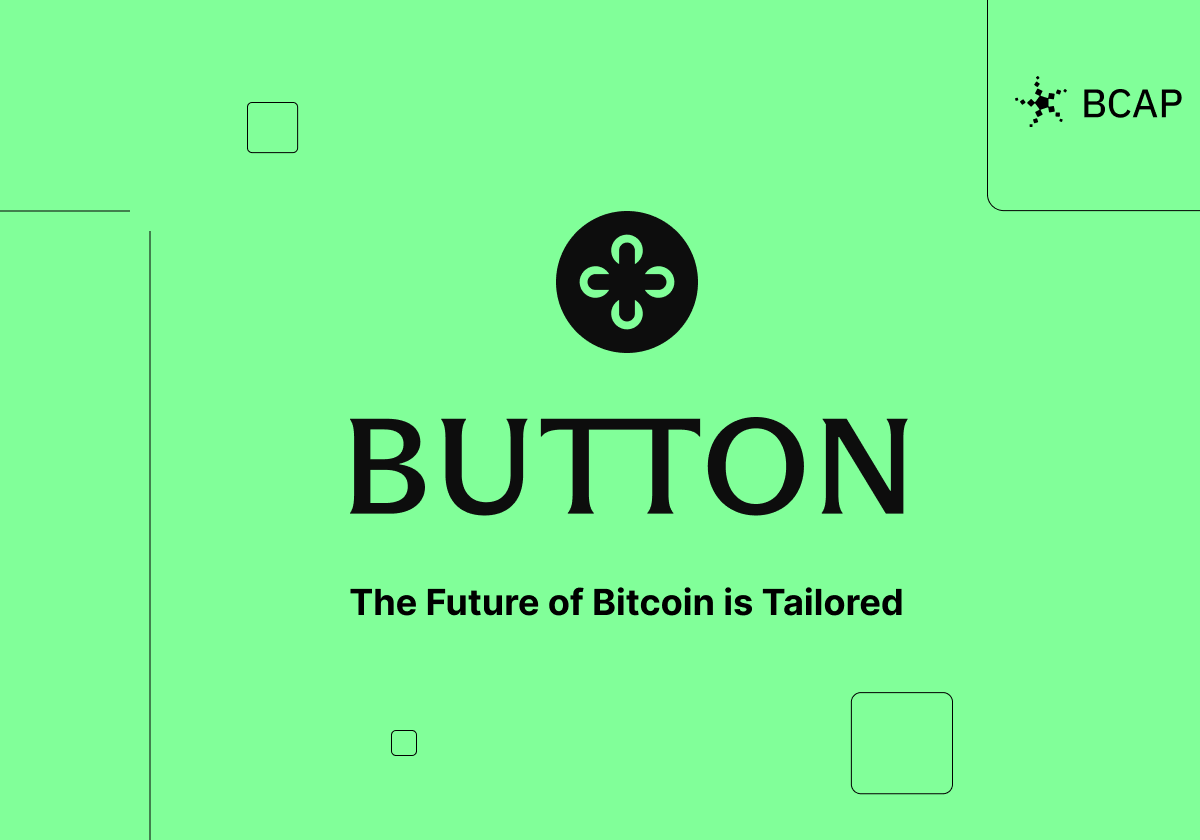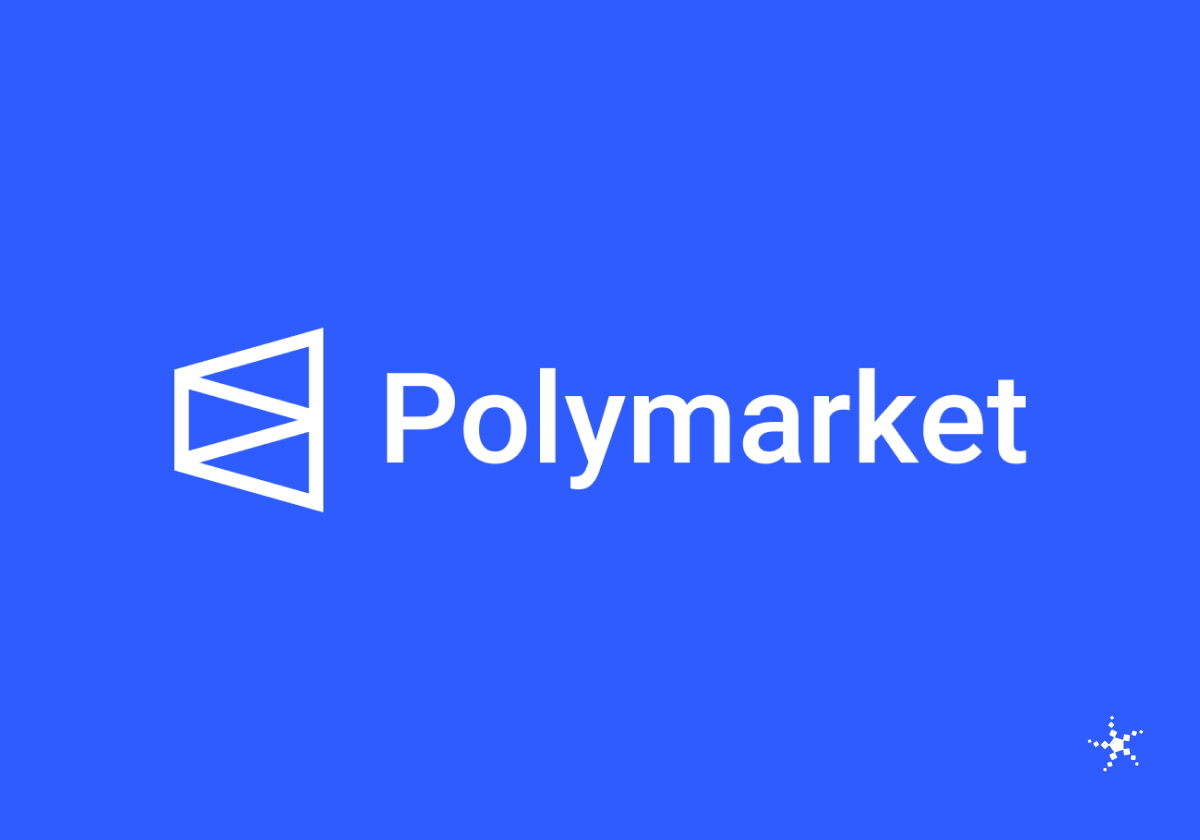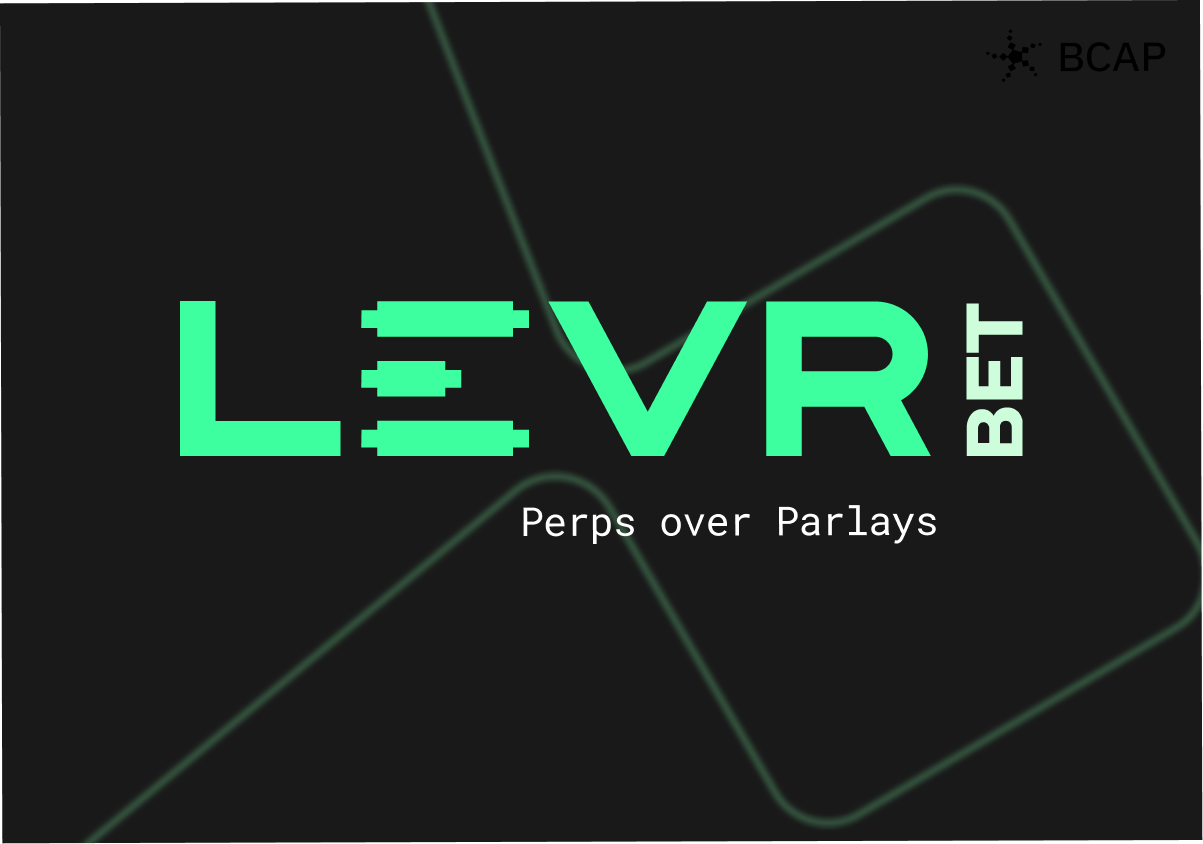.png)
Democratizing Zero-Knowledge Computing: The Power of RISC Zero's Bonsai Network
Imagine a world where data privacy, security, and trust are no longer concerns, where software supply chains are transparent and verifiable, and where a new generation of applications can harness the power of zero-knowledge computing to solve some of the most pressing challenges of the digital age. This is the promise of zero-knowledge (ZK) computing and the reason we are investing in RISC Zero, a groundbreaking company that aims to democratize access to ZK through its Bonsai network.
Zero knowledge (ZK) computing is a revolutionary primitive that allows applications and protocols to leverage the three key properties of succinctness, correctness, and zero knowledge. What this means is that by verifying a ZK proof (correctness), the verifier knows—with a near mathematical guarantee—that the computation was performed correctly.
Moreover, the verified proof will be much smaller (succinctness) than the original computation, and the proof’s zero knowledge property can also be leveraged to ensure the verifier learns nothing about the computation itself. This unique blend of properties has far-reaching implications and provides a new way of verifying information. Together, the properties balance the needs for privacy, security, and trust, offering the potential for a more secure and private digital world. But several obstacles remain before ZK can reach its full potential.
For one, running computation in ZK takes too long and is too expensive. Proving times and costs need to drop drastically before complex computations in ZK can be practical. The good news is that these are declining drastically: the trajectory of ZK proving times and costs have been following a familiar trend in the history of technology—whether it was Moore’s Law where the cost of computing halved every two years, Flatley’s Law where the cost to sequence the human genome fell at an even more significant rate, or Kryder’s law where the density of magnetic disks doubles roughly every 13 months. Recent architectural advancements in proving systems (Plonky2, Hyperplonk, STARKs) along with advancements in underlying cryptography (Poseidon) have lowered the amount of overhead there is to create a ZK proof of any computation. While advances in these areas will continue to happen at a similar pace (especially with the recent influx of talent into ZK), proving overheads will also benefit from advances in hardware acceleration (MSM, NTT), something that has been underexplored thus far.
The other large obstacle to mass adoption of ZK is the highly complicated mathematics and cryptography inherent within ZK systems. The level of depth and expertise needed to drive ZK innovation has been strictly limited to a small set of highly skilled technical developers.
Ideally, developers have the freedom to write programs in their preferred language while still having the ability to prove computations in zero-knowledge, without the need to handwrite and design circuits in low-level, ZK-specific programming languages. This is where RISC Zero’s Bonsai platform becomes a game-changer for developers worldwide, and is the reason we are investing in RISC Zero.
By creating a zero-knowledge virtual machine (zkVM) that emulates the RISC-V instruction set architecture (ISA), RISC Zero has built a system capable of proving the execution of low-level code. Since an ISA is the bridge between human-readable code and machine-interpretable instructions, this achievement implies that the Bonsai network can prove any high-level program that can be compiled to this architecture. With the majority of modern programming languages being compatible with RISC-V, RISC Zero’s Bonsai enables the execution of virtually any arbitrary computer program in zero-knowledge.
In a future where zero-knowledge (ZK) computation becomes commonplace, numerous applications that were previously impossible will be enabled. These not only include Ethereum-based applications leveraging RISC Zero's Bonsai network as a co-processor—performing resource-intensive work off-chain before verifying results on-chain—but also extends to applications outside of crypto. For example, Bonsai can enable white-hat hackers to prove the existence of security vulnerabilities and bugs without directly disclosing the exploit. It can also prevent future supply chain attacks on software by allowing users to download and verify ZK proofs to ensure they are running code that was pre-audited in Bonsai. Most excitingly, the widespread adoption of Bonsai could lead to entirely novel use cases not yet imagined.

Adding to the impressive technological breakthroughs of RISC Zero is the incredibly strong and unique team behind it. The three co-founders—Brian Retford, Jeremy Bruestle, and Frank Laub—have known each other for over 20 years. Their shared history includes building multiple companies together, the most recent of which was in the AI optimization and compilation space and was ultimately acquired by Intel.
Each member of the trio brings a wealth of experience to RISC Zero—Brian honed his skills at Google Cloud Platform, where he worked on pricing and metering systems; Jeremy, a lifelong math enthusiast, worked on GPU acceleration for gene sequencing and has a background in cryptography, HPC, and security; and Frank, who has a strong background in compilers and has architected numerous codebases. With their shared history and diverse skill set, the RISC Zero team is uniquely poised to deliver zero-knowledge computing to the masses and, potentially, reshape the digital landscape in the process.
As we look to a future where zero-knowledge computation is widespread, the possibilities for innovation are boundless. RISC Zero's Bonsai network, with its ability to support a broad range of programming languages, will democratize ZK computation and empower developers to create secure, private, and trustless applications in various domains. From strengthening cybersecurity measures to enhancing trust in software supply chains and drastically increasing the computational power available to on-chain applications, the potential impact of zero-knowledge computing is immense. The combination of rapidly declining ZK proving times and costs, a committed team at RISC Zero, and the emergence of Bonsai as a versatile computing platform, heralds a new era in computing—one where privacy, security, and trust are built into the very fabric of our digital world.
Disclosures: Blockchain Capital is an investor in several of the protocols mentioned above. The views expressed in each blog post may be the personal views of each author and do not necessarily reflect the views of Blockchain Capital and its affiliates. Neither Blockchain Capital nor the author guarantees the accuracy, adequacy or completeness of information provided in each blog post. No representation or warranty, express or implied, is made or given by or on behalf of Blockchain Capital, the author or any other person as to the accuracy and completeness or fairness of the information contained in any blog post and no responsibility or liability is accepted for any such information. Nothing contained in each blog post constitutes investment, regulatory, legal, compliance or tax or other advice nor is it to be relied on in making an investment decision. Blog posts should not be viewed as current or past recommendations or solicitations of an offer to buy or sell any securities or to adopt any investment strategy. The blog posts may contain projections or other forward-looking statements, which are based on beliefs, assumptions and expectations that may change as a result of many possible events or factors. If a change occurs, actual results may vary materially from those expressed in the forward-looking statements. All forward-looking statements speak only as of the date such statements are made, and neither Blockchain Capital nor each author assumes any duty to update such statements except as required by law. To the extent that any documents, presentations or other materials produced, published or otherwise distributed by Blockchain Capital are referenced in any blog post, such materials should be read with careful attention to any disclaimers provided therein.










.png)
.png)

.jpg)
